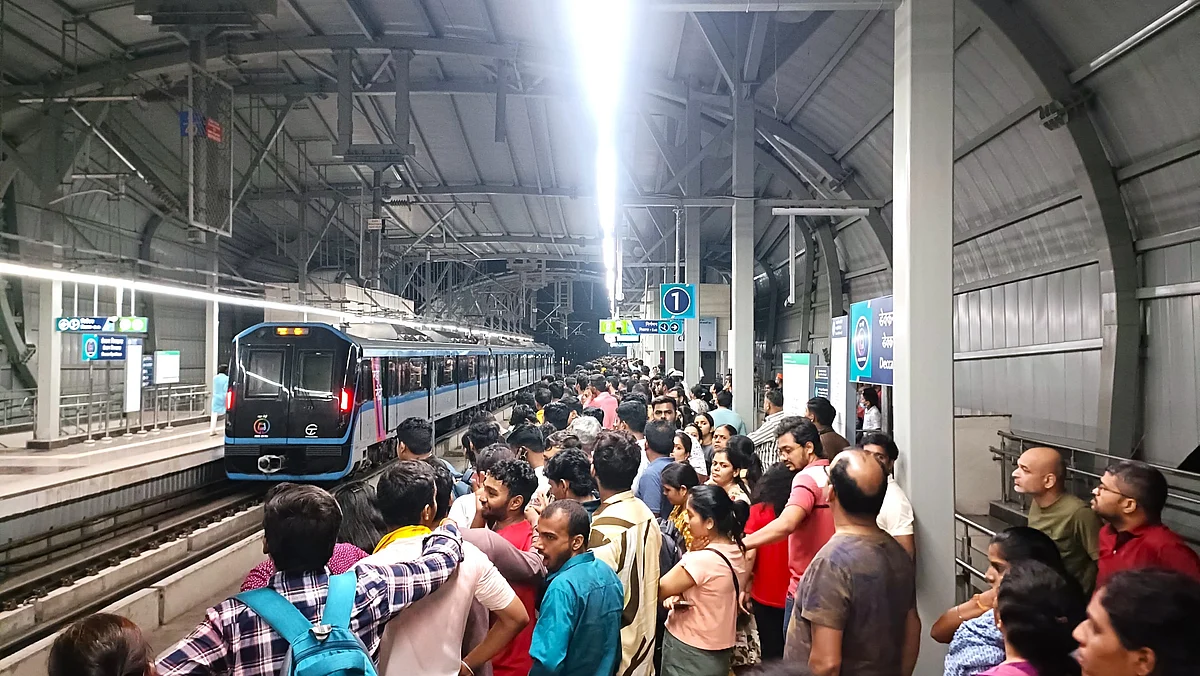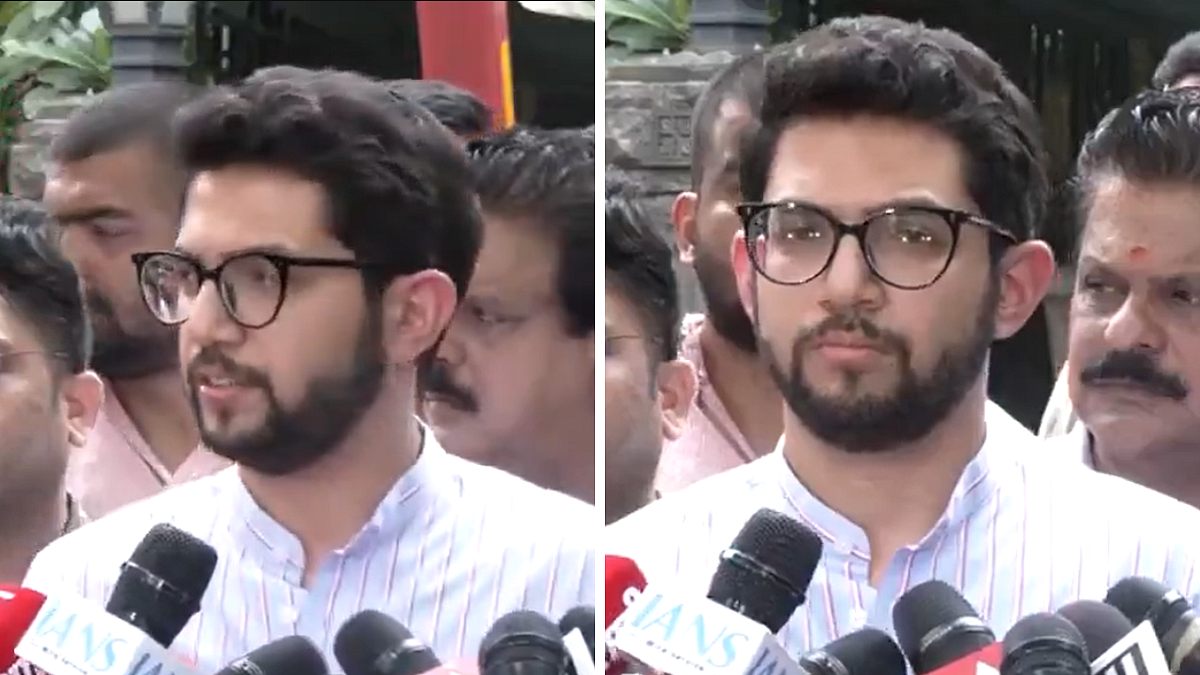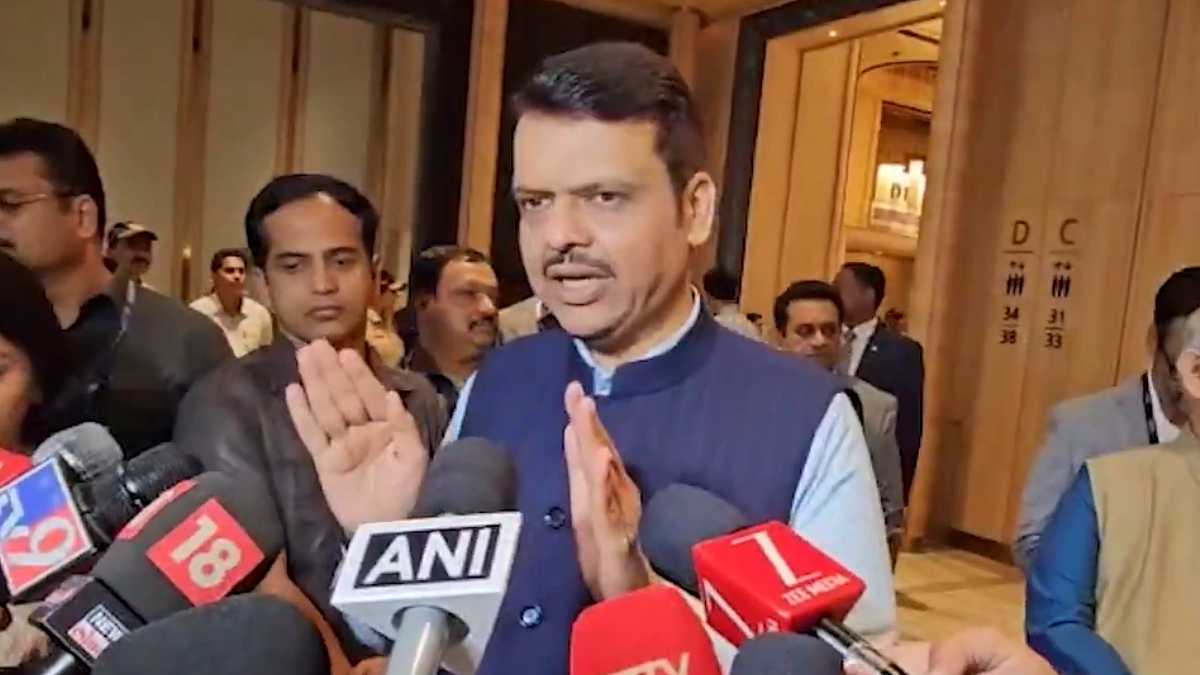After receiving several complaints about the poor quality of road concretisation, civic officials and a team from the Indian Institute of Technology - Bombay (IIT-B) conducted an inspection of the roads in Dahisar at midnight between 12 am to 2 am on Thursday. The focus was on the quality of the pavement, particularly the Pavement Quality Concrete (PQC) method developed by IIT-B. The team guided BMC's engineers, the Ready Mix Concrete (RMC) plant, and quality control agencies to ensure high standards. On Friday, Mumbai BJP president and MLA Ashish Shelar met with Municipal Commissioner Bhushan Gagrani, urging an audit of the road works and an inquiry into the contractors responsible for substandard quality.
The civic authorities have appointed IIT-B as an independent quality control agency for ongoing cement concretisation work in Mumbai. IIT-B will provide recommendations for road maintenance, conduct inspections, review quality criteria, perform tests, and prepare audit reports. The inspection team led by Prof. Solomon, consisting of three other members, was accompanied by BMC's executive, assistant, and junior engineers. They reviewed cement concrete cube samples, ready-mix concrete receipts, and batch reports, and conducted tests on concrete temperature, slump, and flexural beam sample casting. They emphasised the need for continuous monitoring and follow-up to ensure high-quality standards.

IIT-B experts provided guidance on necessary tests during concreting and corrective actions based on weather and temperature. They emphasized timely actions post-concreting, such as implementing groove cutting within 8 to 12 hours. The team also advised engineers to use mobile apps for monitoring humidity, wind direction, and speed. They suggested improvements in concrete curing methods and demonstrated proper grooming techniques for the surface after concreting, offering practical training to workers on-site.On Thursday, during the inspection, MLA Ashish Shelar discovered that Bhargav Road in Santacruz, which was constructed last year, had developed visible cracks.
In phase 1, the BMC has completed only 46 kms of the planned 324 kms in a year. Currently, work is ongoing on 213 roads, while 298 roads are yet to be concretised in this phase. In Phase 2, out of 1,420 roads, 433 roads are under concretisation, with many still pending. The delays in these phases have affected the BMC's ambitious goal of creating a pothole-free Mumbai.








